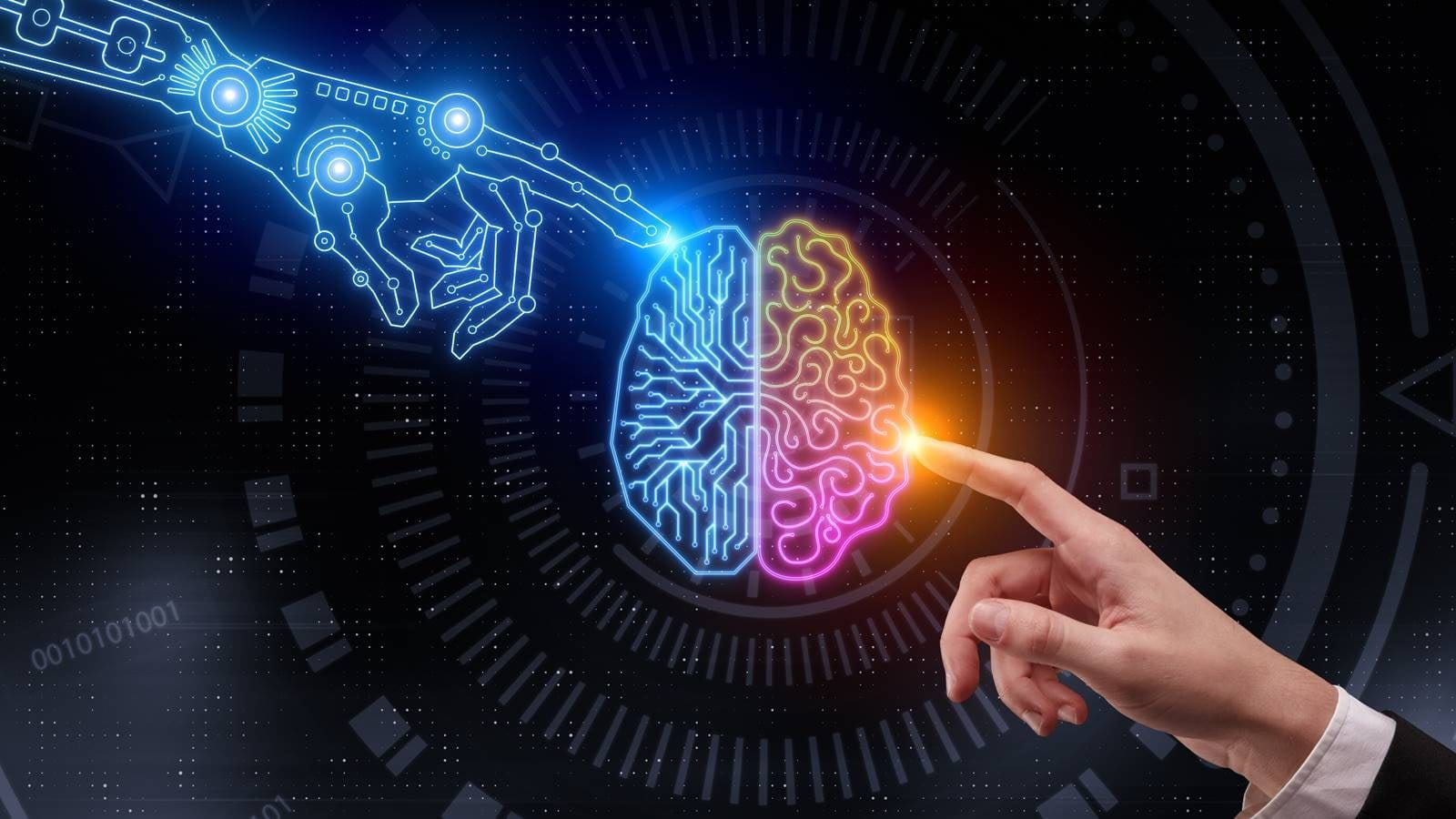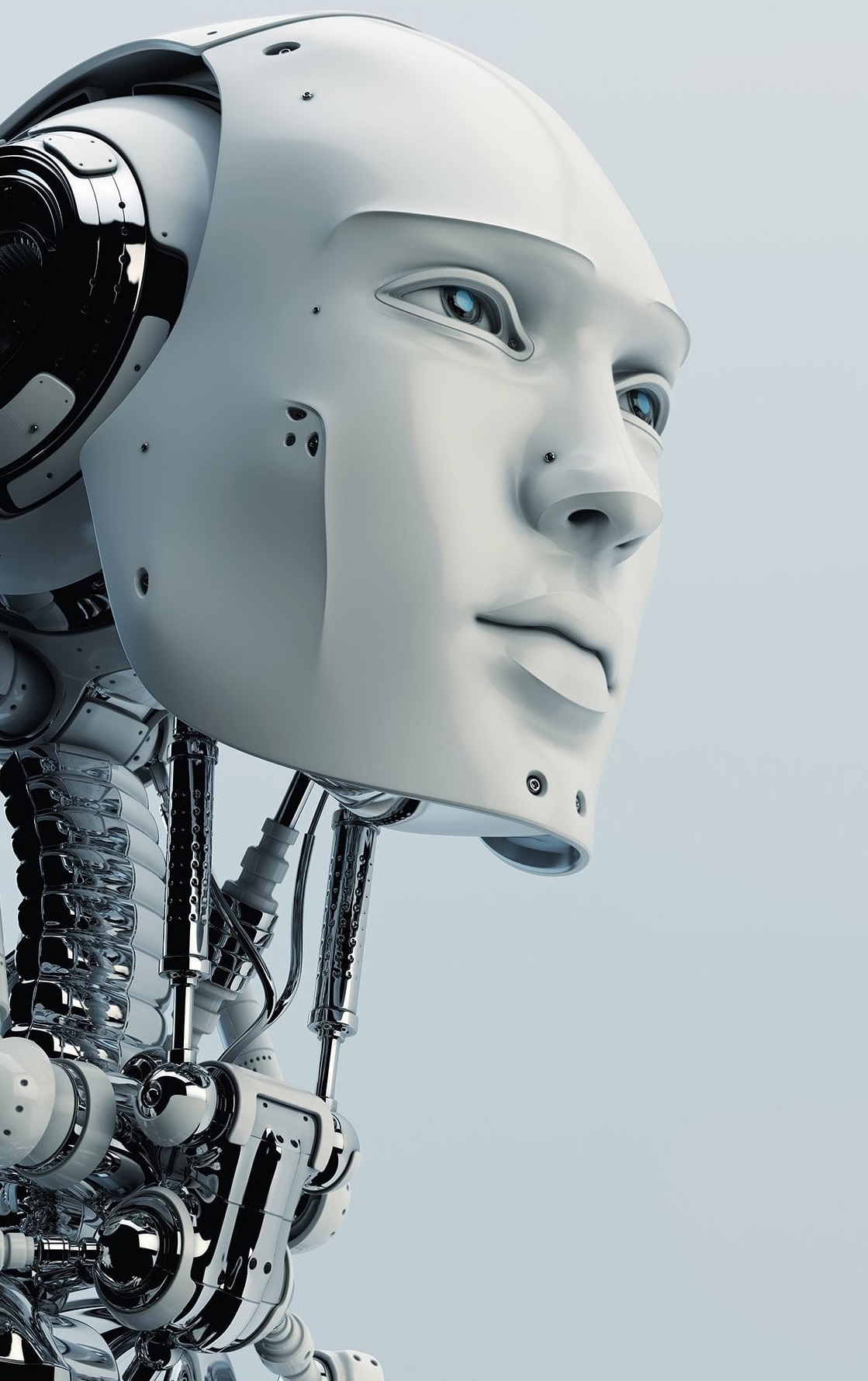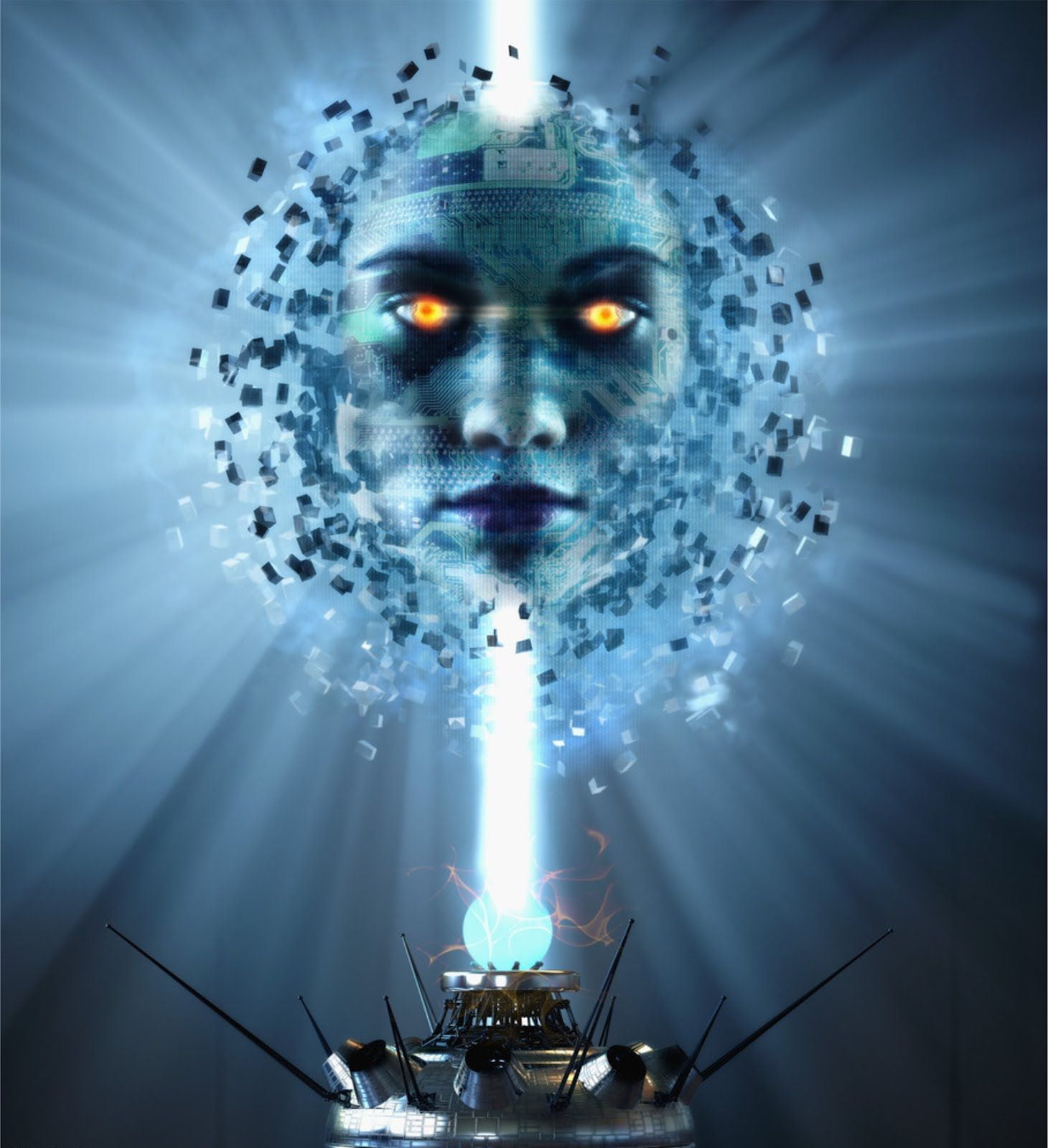What is
Artificial intelligence
Artificial intelligence (AI) is a wide-ranging branch of computer science concerned with building smart machines capable of performing tasks that typically require human intelligence. While AI is an interdisciplinary science with multiple approaches, advancements in machine learning and deep learning, in particular, are creating a paradigm shift in virtually every sector of the tech industry.
Artificial intelligence allows machines to model, or even improve upon, the capabilities of the human mind. And from the development of self-driving cars to the proliferation of generative AI tools like ChatGPT and Google’s Bard, AI is increasingly becoming part of everyday life — and an area companies across every industry are investing in.




